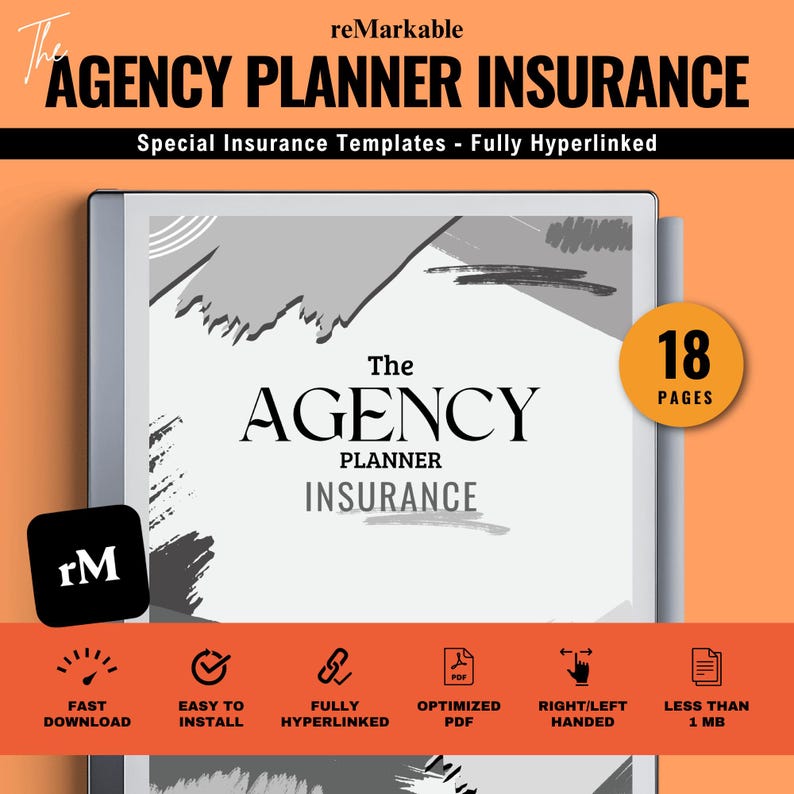When it comes to protecting your vehicle and your financial well-being, choosing the right auto insurance is crucial. With a multitude of coverage options, providers, and price points available, navigating the world of auto insurance can feel overwhelming. Whether you’re a first-time car owner or looking to switch policies, understanding the key factors that influence your decision can help you find coverage that not only fits your budget but also meets your unique needs. In this article, we’ll break down the essential elements to consider when choosing auto insurance, empowering you to make an informed and confident choice on your next policy.
Table of Contents
- Understanding Coverage Options to Match Your Needs
- Evaluating Insurance Providers for Reliability and Service
- Comparing Pricing Structures and Discounts for Optimal Value
- Assessing Customer Reviews and Claim Handling Efficiency
- In Summary
Understanding Coverage Options to Match Your Needs
When selecting an auto insurance policy, it’s essential to tailor your coverage to fit your unique circumstances. Comprehensive coverage can protect against damages not only caused by accidents but also from theft, vandalism, or natural disasters. Liability insurance, often required by law, covers the costs associated with injuries or property damage to others – but consider how much coverage aligns with your financial exposure. Additionally, collision coverage steps in to repair or replace your vehicle after an accident, which can be vital if you have a newer or financing-encumbered vehicle.
Key points to weigh when examining your options include:
- Deductible Levels: Higher deductibles may reduce monthly premiums but increase out-of-pocket costs when claims arise.
- Coverage Limits: Ensure the limits are sufficient to cover repairs, medical expenses, or liabilities in worst-case scenarios.
- Additional Benefits: Look for perks like rental car reimbursement, roadside assistance, or gap coverage if you lease or finance your car.
By aligning your insurance choices with your vehicle’s value, your driving habits, and your personal risk tolerance, you can avoid paying for unnecessary protection while ensuring you’re safeguarded against the most relevant risks. It’s a balance of risk, budget, and peace of mind that ultimately defines the best policy for you.
Evaluating Insurance Providers for Reliability and Service
When assessing insurers, it’s crucial to dig deeper than just the price tag. Look for companies with a solid track record and positive consumer feedback. Paying attention to customer reviews and expert ratings can reveal invaluable insights into how an insurer handles claims and supports clients during stressful times. Furthermore, consider the financial stability of the provider, which ensures they have the resources to fulfill claims promptly and without hassle.
Another important dimension is the range and quality of support services offered. Reliable insurers typically provide 24/7 claims assistance, user-friendly digital platforms, and transparent communication channels. These features not only help streamline the claims process but also facilitate ongoing policy management and questions you might have. In addition, a comprehensive provider will often offer tailored coverage options and flexible payment plans, giving you the confidence that your insurance aligns perfectly with your unique needs.
Comparing Pricing Structures and Discounts for Optimal Value
Understanding the nuances of different pricing structures can make a significant difference in how much you end up paying for your auto insurance. Many insurers offer tiered pricing models that factor in variables such as your driving history, vehicle type, and coverage limits. For instance, some companies operate on a flat-rate system, while others use a usage-based approach, charging according to your actual miles driven or driving behavior monitored via telematics. It’s crucial to analyze these options in tandem with the base premium, as the lowest sticker price doesn’t always guarantee the best long-term value.
Discounts are another poignant avenue through which you can optimize your insurance investment. Common savings often include:
- Multi-policy discounts when bundling auto with home or renters insurance
- Safe driver incentives rewarding accident-free records
- Low mileage discounts for drivers who travel less frequently
- Good student reductions recognizing academic achievement for younger drivers
These discounts can compound and meaningfully reduce your premium, but not all providers apply them uniformly. Therefore, comparing each offer critically and asking detailed questions about eligibility and renewal terms will ensure you lock in the most advantageous deal tailored to your unique driving profile.
Assessing Customer Reviews and Claim Handling Efficiency
When selecting the right auto insurance, it’s crucial to dive beyond the policy details and explore real-world experiences shared by existing customers. Reviews can uncover consistent patterns, such as the insurer’s responsiveness and professionalism during the claims process. Pay particular attention to feedback regarding timeliness in claim settlements, as delays can exacerbate the stress following an accident. Additionally, note any mentions of transparent communication and fairness in assessing damages—these are telltale signs of a customer-centric company.
Efficiency in handling claims often reflects an insurer’s internal organization and commitment to service excellence. Here are key points to consider:
- Average claim processing time and how often deadlines are met
- Availability of multiple claim submission channels (online, app, phone)
- Proactive follow-up and updates provided during the claims lifecycle
- Flexibility in resolving disputes or partial coverage disagreements
Choosing a provider that delivers not only competitive policies but also an efficient and empathetic claims experience can make all the difference when you need support the most.
In Summary
Choosing the right auto insurance is more than just a financial decision—it’s about securing peace of mind on the road. By carefully considering factors like coverage options, premium costs, deductible amounts, and the insurer’s reputation, you can tailor a policy that fits both your needs and budget. Remember, the best auto insurance is one that offers reliable protection without compromising your financial well-being. Take the time to compare your options, ask questions, and stay informed, so you can drive confidently knowing you’re well-covered every mile of the journey.






